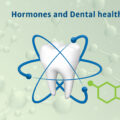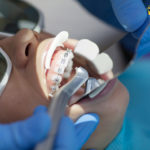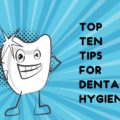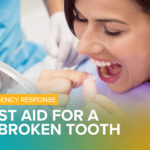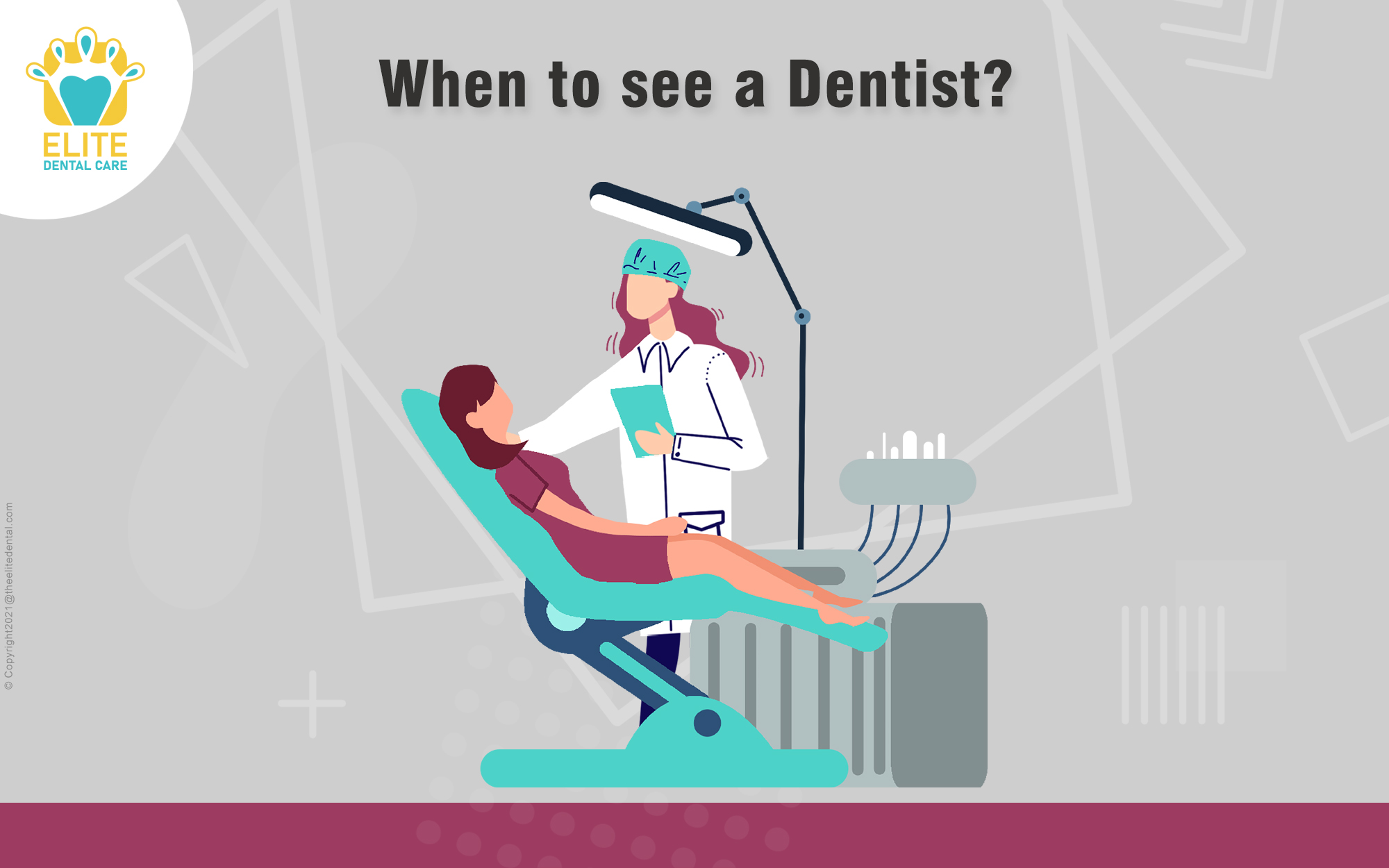
dental careflossinghygiene tipsoral healthTeeth WhiteningTooth Extraction
edental
20 July 2022
When to see a dentist?
At any stage of life, tooth problems can arise. Any tooth problem can affect anyone, whether young, old, or both. But the question is, when is the right time to see the dentist?
Because you cannot tolerate the toothache easily, it can be even worse. Some people often delay visiting the dentist until the discomfort is unbearable. However, there are several more circumstances in which you ought to visit the dentist.
Here in this article are the top eight situations you should not avoid, and you must visit the dentist as soon as possible.
Eight urgent signs require one to visit the dentist.
These are the eight indications that you should schedule a dental appointment immediately. They can address the problem and choose the best course of action.
Bleeding after using the floss or brush
Blood on your toothbrush or the sink is not unusual. It may indicate periodontal disease, often known as gum disease, an inflammation of the tissues supporting your teeth.
If left untreated, bone loss around the teeth and gum disease may eventually lead to tooth loss. A reddened, inflamed, or sensitive gum and discharge between the teeth and gums are also symptoms.
Dry mouth
Most people are unaware that salvia keeps the mouth well-lubricated, washing away food residue and balancing the acids that plaque produces. It may indicate disease if your mouth seems particularly dry. Your dentist can identify the source of your dry mouth and recommend strategies to rehydrate and safeguard your teeth.
Broken or chipped teeth
Despite their strength, teeth can nonetheless shatter or fracture. It frequently occurs due to an accident or injury, but it can also be brought on by cavities or biting into something hard. Your tooth may not immediately hurt if it breaks, chips, or splits.
Visiting a dentist right away is essential for examining the issue. Moreover, your dentist may still be able to salvage the tooth.
Swollen, red, and bleeding gums
Plaque on teeth isn’t the only thing bacteria in the mouth may do; it can also inflame the gums. Bacteria can accumulate if regular brushing and flossing regimens are not used to eradicate them. Gims affected by this may swell, become red, or swell.
Your gum health can be affected by several things, including brushing and flossing habits, smoking, medication, overeating, and gum diseases. If you face this issue without reluctance, book an appointment with your dentist.
Bruises and bumps
Typical canker sores usually disappear on their own after one to two weeks. Treatment is necessary for various oral lesions, though. Thrush, also known as candidiasis, is a fungus that can cause white sores on the tongue, inner cheek, tonsils, or roof of the mouth.
Diabetes patients are more likely to contract the fungal infection known as thrush, which feeds on the high sugar content of saliva. Additionally, thrush is curable with medication because you must check up on time and follow your dentist’s instructions.
The sensitivity of your teeth
Several factors can contribute to our teeth becoming hypersensitive to hot or cold foods or drinks, including the enamel being damaged or worn down over time. It is possible to experience sharp pain when you consume warm food through the tooth’s internal nerves if those nerves are exposed and unprotected. The dentist can help identify the cause of your sensitive teeth by conducting a thorough examination.
Jaw pain and constant headaches
Indicators of a disease involving the temporomandibular joint (TMJ) or adjacent facial muscles include headaches and constant jaw discomfort. The TMJ joins the lower jaw and the skull’s temporal bone. This hinge joint is engaged when humans talk, chew, or consume.
Several circumstances may bring on temporomandibular dysfunction. You can ask your dentist to know more about TMJ/TMD disorders so that you can take extra care of them.
Losing or Shifting teeth
Adult teeth ought to be durable for a lifetime. If you notice the slightest nudge or rising gaps between your teeth, it can indicate infection or bone deterioration. Keep an eye out for changes in your partial dentures or how your teeth fit together.

